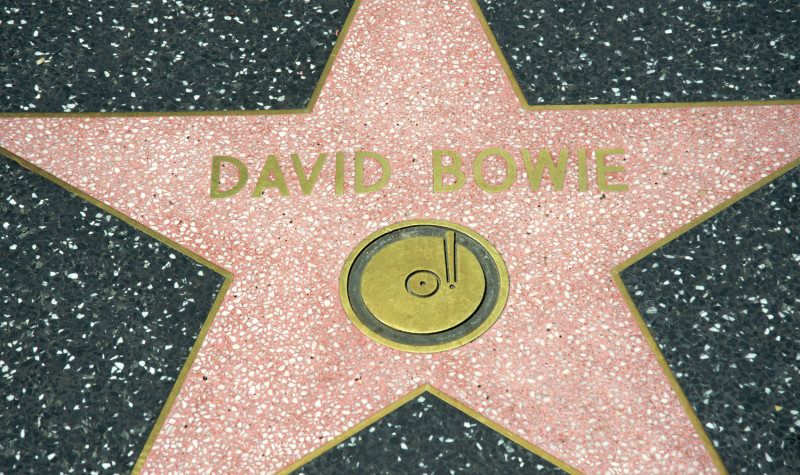Bowie: The Man Who Sold His World

About eight years ago I wrote an article about David Bowie, and how he’d been very astute in collateralising his future royalties. It was in response to claims in the gutter press that he’d been responsible, by doing so, for the credit crunch! For many of us, Bowie was the most influential artist of the 20th century, so today, to mark his death, I thought revisiting this article would be a fitting tribute. I would say RIP, but since that’s the only option available when you die, it would seem a bit trite. He certainly will live on, not just in the music he made, but also the impact he had on the social changes taking place here and around the Western World, particularly in the ‘70s. He was a catalyst, more than just a commentator, for many of the freedoms we now take for granted.
Clever Boy! The Art of Anticipation
On a TV documentary spawned by the ever-popular topic of the credit crunch there was a reference to David Bowie who, rather cleverly, securitised his future royalties and sold them, thus receiving the royalties he was expecting for the rest of his life, at that point in time, several years back. The conjecture was that he may have started a trend, which ultimately proved too tempting for the corporate pigs, leading them to the feeding frenzy that ultimately resulted in the credit crunch. But blaming him for the credit crisis is rather like blaming the poppy flower for drug abuse.
The point is either this was a lucky break for Bowie or perhaps a stroke of genius.
During Bowie’s early career he was ripped off liberally, and even in the early ‘80s was still not really rich, in spite of being a household name. Apparently, the people who bought the securitised royalties from him have never made very much money back from the tens of millions of dollars they invested to purchase them. It’s not unfair as I’m sure there were plenty of lawyers and such like involved, and of course investors more than anyone know the phrase caveat emptor.
I personally think Bowie had a good idea what would happen, and cashed out like a pro. Over the years since he sold the royalties, the music business has changed quite a lot. It has become a well-managed money machine. Clear Channel bought a vast number of radio stations in the US, and also control outdoor advertising and many venues in the US (and elsewhere). So basically having bought the full set, if you like, they control who tours and have the means to advertise them, both on air with air-play and adverts, and on their outdoor advertising assets, and can also make money at the venues even from the parking (which in the US can turn over as much as the net revenue from tickets sales to the show itself).
In other words, if you are on tour then your back catalogue is on the radio. If you’re not, it isn’t. That’s why you rarely hear 10cc, Rick Astley or even Dire Straits anymore, because basically they don’t tour. You are being duped by radio stations that you think play music according to your taste, but are actually manipulating you into being ripe for buying into their touring circus money machine. Art it ain’t any more.
Now, if Bowie realised this would happen, then he would have known he would have had to continue touring and working hard in order to keep those royalties coming in. That’s why you never hear him on the radio now either, in spite of his being one of the biggest artists ever. As it is he took a huge golden handshake and retired!
Now he would have seen that coming because he knew the business he was in, and we should be as circumspect about stocks or commodities, or whatever is our chosen investment, seeing the way things will be clearly, and then making money off the back of it.
A good example would be that gold is now [in 2008] clearly a good investment. It’s hard to see how gold can fail when western interest rates are at peppercorn values and gold has been higher than it is now. In other words there will be something that is obvious to you, perhaps because you have a background in a certain field, or simply because it’s a general phenomenon. These things don’t take a lot of research. I once made a very good profit by noticing that a coffee shop had opened in Teddington, where I was then living. Teddington is not a very important place, so I surmised there must be hundreds of these sorts of shops opening all over the place. I checked the sector online and bought the best performer and made a nice profit. It involved no real work, just common sense.
So do what that clever boy Bowie did, and get on the right side of market movements ahead of the pack.
Comments (0)